Film editor jobs are more than just assembling the raw footage of a shoot.
As Orson Welles once said, “The whole eloquence of cinema is achieved in the editing room.”
Whether you’re just getting started in the industry or already a part of it, here’s a look at everything you need to know about the process.
The role of the film editor
Many people think the film editor's job description simply entails assembling footage from a shoot.
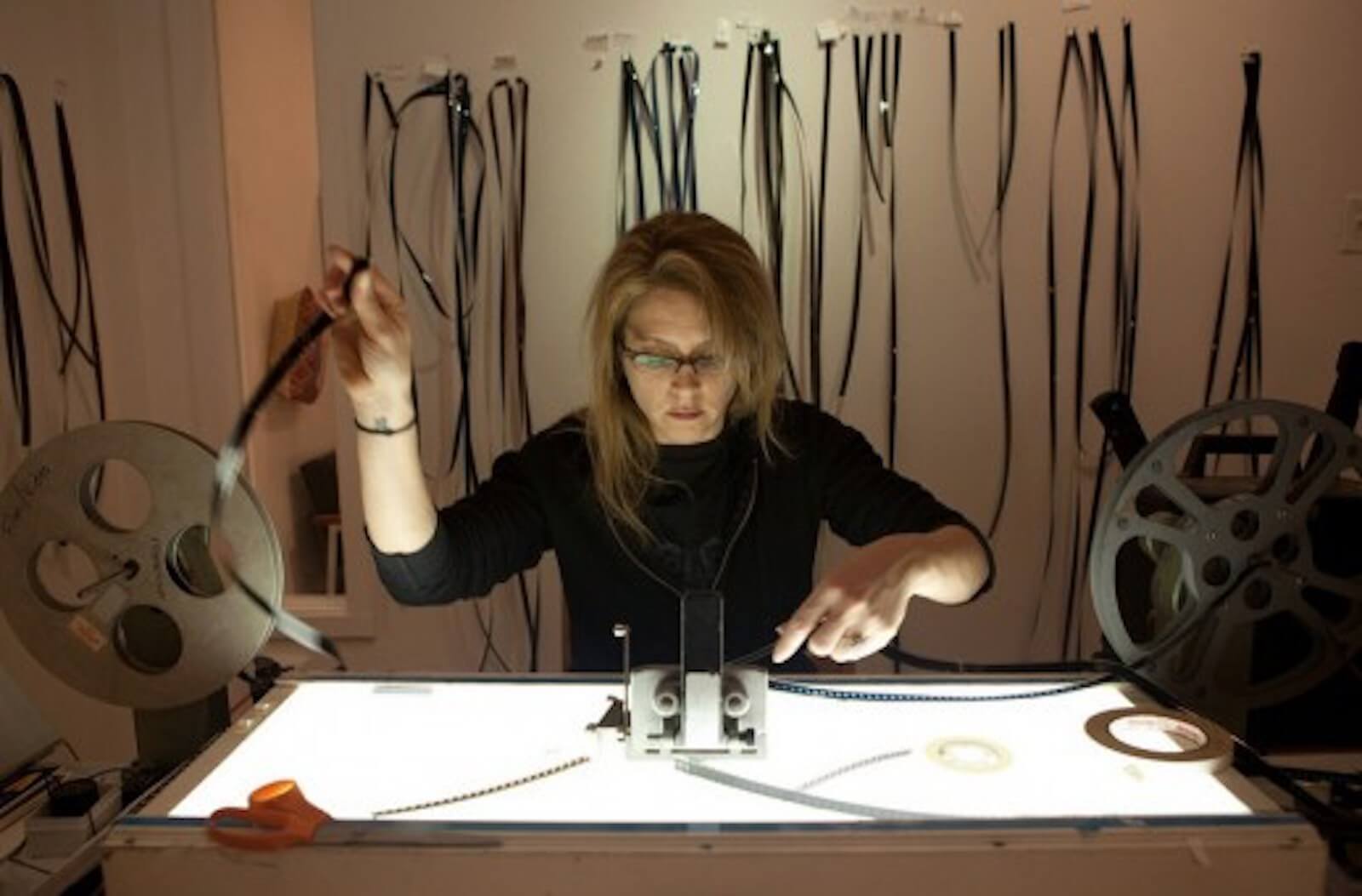
Film editor jobs are vital to shaping story. Image Courtesy of Arts Connection
But the editor is far more involved in the production process than most people realize.
Here are some of their typical duties during a shoot.
- Break down the script and meet with the director to understand the vision of the project.
- During shooting, visit the set to gauge the production’s progress.
- Once shooting has wrapped, go through the footage and select scenes that reinforce the director’s vision.
- Trim and assemble scenes into sequences using the non-linear editing software mentioned.
- Work with sound and musical directors on the audio elements that will be added to the film. These include music, sound effects, and dialog.
- Review the added elements and prepare a rough cut for the director and producer to view.
- Make revisions based on director and producer recommendations, and prepare the final cut
Interpersonal skills are key for editors as they will be working with a wide variety of crew members including the script supervisor, hair and makeup artist and the director of photography.
how to become a film editor
Almost anyone with a modern computer has access to film editing software.
But that’s not the same as being a film editor, and it’s certainly not being the same as being a professional film editor.
While everyone’s path in the entertainment industry is different, here are some common ways in obtaining film editor jobs.
enroll in a film school program
To gain the film editor jobs you desire, you need to have a comprehensive knowledge of both the artistic and technological components of filmmaking.
Because of this, enrolling in a college or university film program is beneficial.
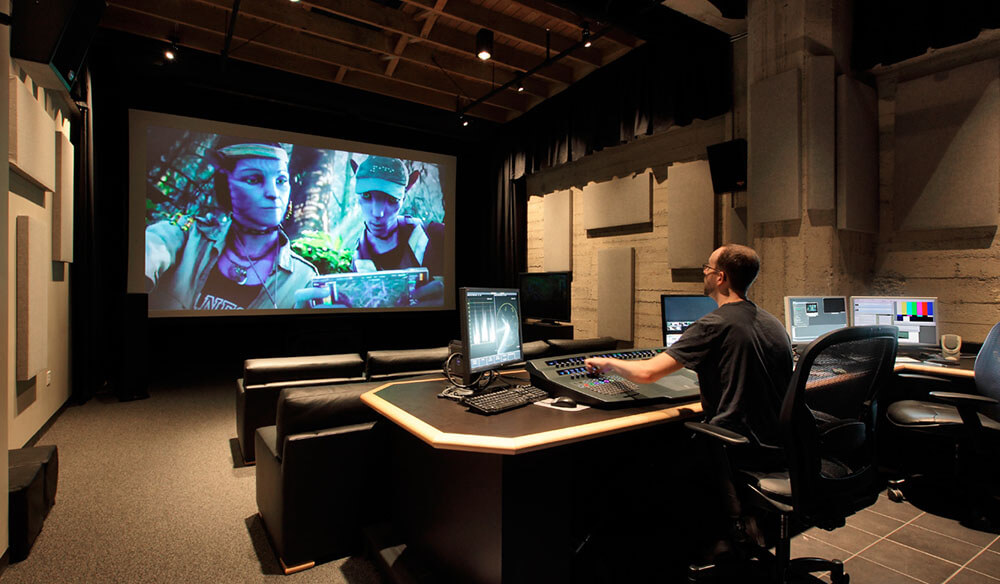
Film school programs create an editing foundation. Image courtesy of PremiumBeat
School environments offer students the opportunity to hone their craft by working on short films. They also get the chance to use industry-standard film editing software.
Besides coursework on the theories and techniques behind film editing, students have the opportunity to participate in apprenticeship and internship programs with industry professionals.
A strong foundation in the craft is essential in acquiring top film editor jobs, so enrollment in courses such as these is extremely beneficial.
Check out these top-rated film schools to see which program is right for you.be adept at technology
For decades the lone, cigarette-smoking editor toiled away by running footage through a grainy Moviola and assembling the film with splicing tape.
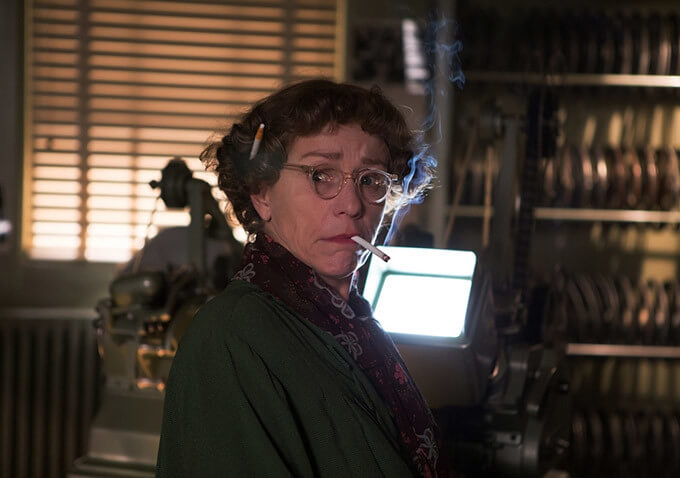
Film editors now use nonlinear based editing software. Hail Caesar (2016)
Needless to say, the process was grueling and time-consuming.
Now, because of computer technology, editing has become more efficient and precise in its capabilities.
These days instead of a moviola, the industry employs non-linear based film editing software.
Non-linear software allows an editor to jump around in a project timeline.
There is no need to edit chronologically, and editors can drag, drop and trim in whatever order best suits their needs.
The big three pieces of non-linear film editing software are:
Knowing how to use film editing software is key to a film editor’s success.
become an assistant editor
Acquiring an assistant editor position is an important way to strengthen your editing skills.
It also enables you to make the contacts that will further your career.
The duties of the assistant editor vary but tend to include managing all media, digitizing material for editing and logging and storing tapes and memory cards.
Working closely with the editor, you’ll also have the opportunity for simple cutting and clip assembly work.
build your portfolio
In order to further yourself as a film editor, you’re going to need a video resume of your work.
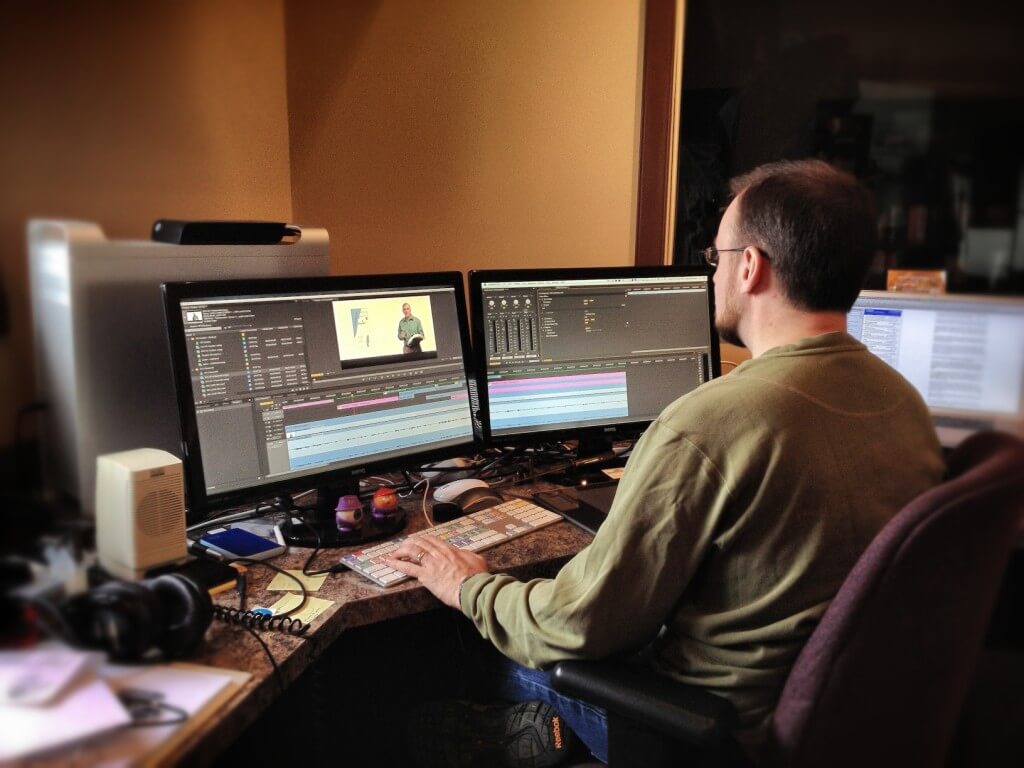
A portfolio showcases a film editor's style. Image courtesy of Work In Entertainment
Start compiling the work into an easy-to-navigate portfolio that showcases your editing strengths.
Being able to provide this material to a client is essential in obtaining the editing job you desire.
ProductionBeast makes this even easier for you by giving you a place to host your video portfolio on your profile. No more linking to other websites for you!
guilds and organizations
Once you’ve worked on enough professional film editor jobs, you’ll have the opportunity to join one of the film editing guilds, or one of their professional associations.
The Motion Picture Editors Guild, IATSE Local 700, represents editors working in Hollywood.
The guild negotiates union contracts, enforces existing agreements with employers, and defines requirements for wages, health insurance, retirement pension, safety and credit assignment.
Once you’ve acquired enough experience, you may be eligible to join the American Cinema Editors organization.
Founded in 1950, the ACE is an honorary society for film editors.
Members are voted in based on their professional achievements and their education of editing to others.
Both organizations offer information on editing seminars and film editor jobs on their websites.
average salary for film editor jobs
Now, show me the money!
If you’re wondering the average salary for film editor jobs, it varies depending on experience and job type.
According to The Bureau of Labor Statistics, film editors earn a mean hourly wage of $39.52.
Less experienced film editors make anywhere from $35,000 to $40,000 a year, while more experienced editors can make upwards of $80,000.
However, these are relative numbers.
Hourly rates for freelance film editor jobs often fluctuate, with rates ranging anywhere from as low as $14 an hour to $80, depending on skill level.
geographic location
Perhaps not surprising, geographic location plays a big part in film editor salaries.
Typically, states with the highest demand for production jobs are also the states with highest film editor salaries
If you’re getting into the editing field, location should definitely be a top consideration.
the habits of highly effective film editors
To acquire the film editor jobs you desire, you need to make yourself valuable to your clients.
Here are some skills to maintain and strengthen while navigating the film editing world.
be efficient
Time management is a vital quality for any film editor.
Being able to perform the necessary edits under deadlines will greatly impress your clients.
Maintain blank template folders, and memorize keyboard shortcuts.
This will save you a lot of time and energy during the editing process.
And above all stay organized. Keep your bins, sequences, and folders laid out in such a way as to avoid clutter and confusion.
talk to your crew
We’ve discussed how important collaboration is to the editing process.
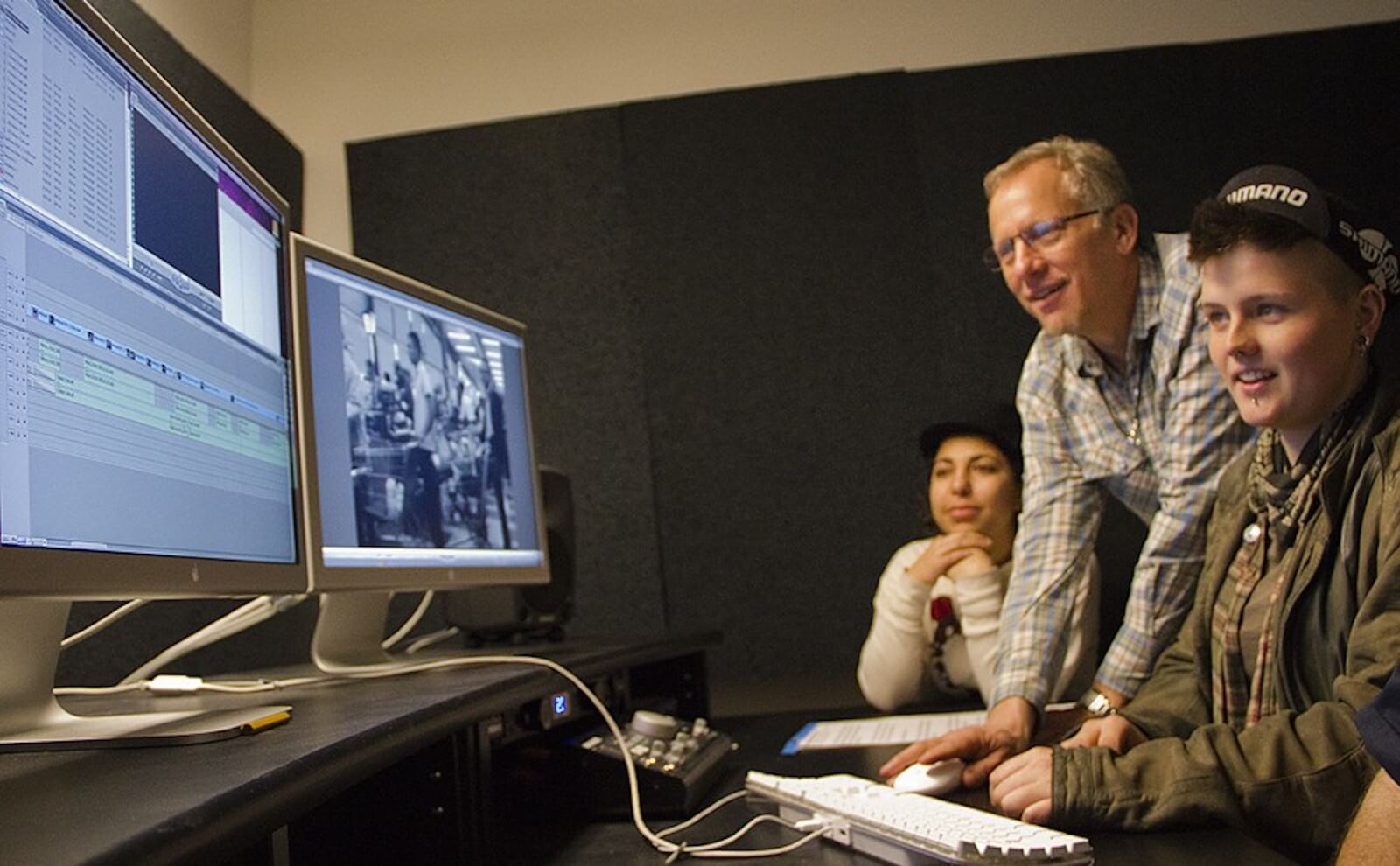
Collaboration is vital for film editors. Image courtesy of California College of the Arts
Constant communication with project personnel is essential.
Being able to understand the creative vision of the project will prevent miscommunication and delays with the submission of materials.
An editor can become wrapped up in their work, but making sure you’re on the same page with everyone will save you a lot of headache in the long run.
be aware of emerging trends
Having an up-to-date knowledge of contemporary editing styles is just as important as being savvy in the latest advancements in film editing software
To find the creative solutions for your client, and understand what audiences are responding to, you need to research and watch as much as you can.
This knowledge will allow you to perform at the highest level.
Continue your education
You may have worked on The Room 2, but that doesn’t mean you still don’t have things to learn.
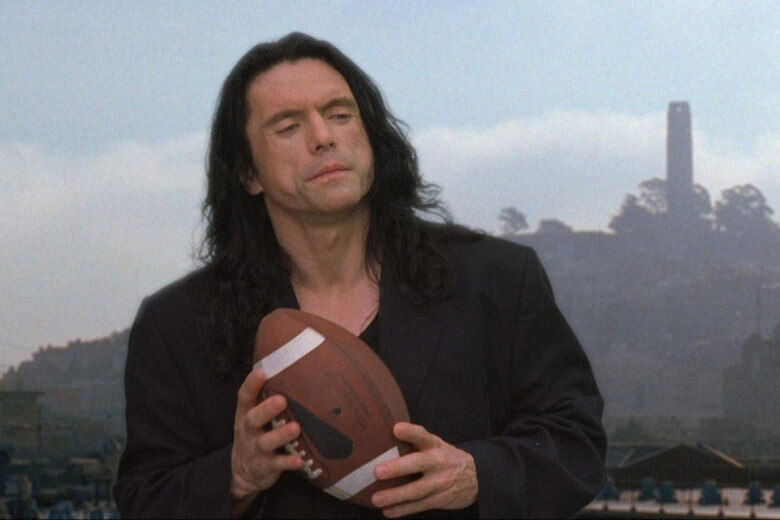
Even the most experienced editors need to continue their education. The Room (2003)
Take time to watch and attend tutorials on subjects that benefit an editor’s craft.
These include screenwriting, graphic design, photography, and music composition.
Being well-rounded in storytelling will only help in your editing pursuits.
The final cut
Stanley Kubrick said, “Editing is unique to film. You can see something from different points of view almost simultaneously, and it creates a new experience.“
If film editor jobs did not exist, neither would the film.
Understanding the essential qualities of the position will help you achieve the salary you desire.
Ready to get started? Sign up with Production Beast to find movies looking for editors to make them into reality.
LIKE THIS POST? SHARE IT!
"Guide To Film Editor Jobs: Tape, Razor, Final Cut" #filmeditor #filmmaking
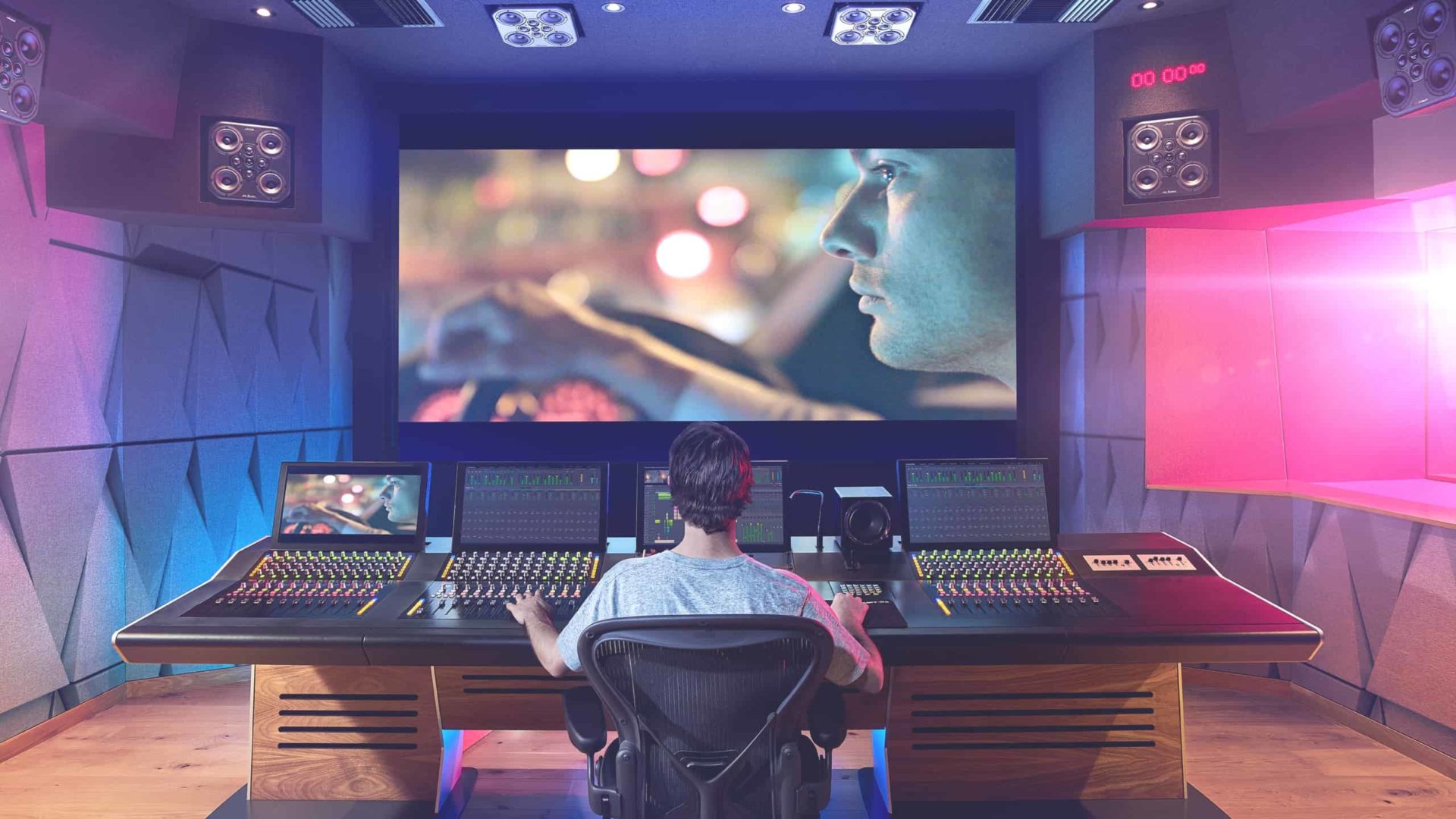



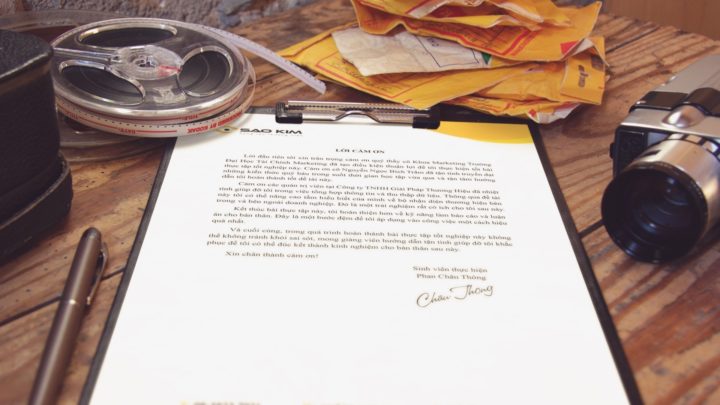
Nice article – thanks! One thing though… Why is the guy in the photo sitting in a sound studio? 🙂